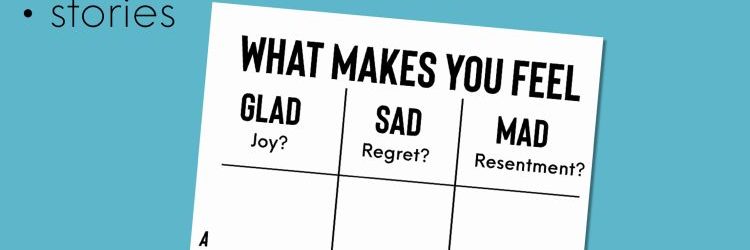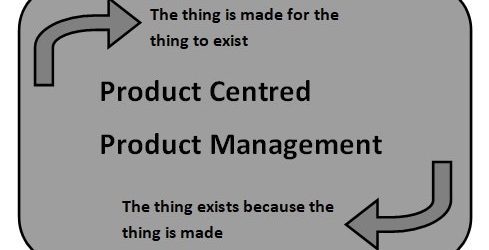I went to our local Panto tonight. For the non-UK reader, panto is short for pantomime and it is theatre show for kids that also has risqué jokes for adults. It generally follows a fairy story, like Cinderella or Snow White, but can have British historical characters, like Robin Hood or Dick Whittington. All roles […]
Author: Alastair Somerville
Three What If’s for 2026
This is a post based on books and ideas I encountered in 2025 that I want to take into 2026. This is mostly about hope and community but starts with regret and resentment. What if…you felt both regret and hope? I started 2025 reading Richard Seymour’s Disaster Nationalism. It is a good book on how […]
Min/Max of Hope and Agency
I am just prototyping a zine about Hope and Agency. The idea of Min/Max as a way of expending and extending Hope and Agency is based on a dream. I am trying to better form the ideas in ways that are clear and can be communicated well.
Touchscreens do not work by touch alone
Car makers are switching back to physical buttons per Wired magazine. You can read the article ‘Rejoice! Carmakers Are Embracing Physical Buttons Again’. Tactile overlays We did a load of work about 10 years ago with tactile overlays in museums when touchscreens started coming out and, in particular, iPad and iPod Touch came out. This […]
Clear/Mix at the start
A community project start is delayed so I have some materials building up and this is a post sharing one of them. Three workshops for a community The community development project is using workshops to explore where people are now and where they hope to be. From my experience with both civic assemblies and hopeful […]
Anxious Conversations?
Could Anxious Conversations be a useful process like Active Listening? How do we provide a structure for thinking about what is stressful to a person and how to establish some mutual rules on how to stop/start conversation? I am wondering about new workshop tools after finishing Naomi Alderman’s book ‘Don’t burn anyone at the stake […]
The Fold Up table and creating new Commons
Losing a New World to own and exploit I was reading news yesterday that Meta is cutting funding to its Virtual Reality Metaverse project. The creation of a new space they controlled and could capitalise on all interactions within. The dream of building new digital territory to exploit is lost after vast amounts of money […]
Breaking Action: the need for something to break for Hope
I am reading Rhiannon Firth’s Disaster Anarchy. It is a study of community reactions to disasters like Hurricane Sandy and Covid. This quotation comes from the Conclusion. However, as the state withdraws, spaces are created for experimenting with new values, economic models, forms of life, etc. Utopias help us to transgress hegemonic ‘common sense, pointing […]
Hope, in the past and future
Talking with prospective client about some workshops about Hope, resentment and public engagement. The above image is just a sketch of two ideas needed to enable hope. Well Grounded There must a solid grounding in the past. A respect for traumas and regrets that burden at the start. There is a need to go backwards […]
AI as the perfect product for Product Management
As User Experience (UX) died away, Product Management took over and as it progressed any idea of Human Centredness fell away too. Human Centred Design was always hard for organisations to deal with: it centred control and meaning outside of the direct lines of management, it demanded listening to voices outside of the established systems […]




